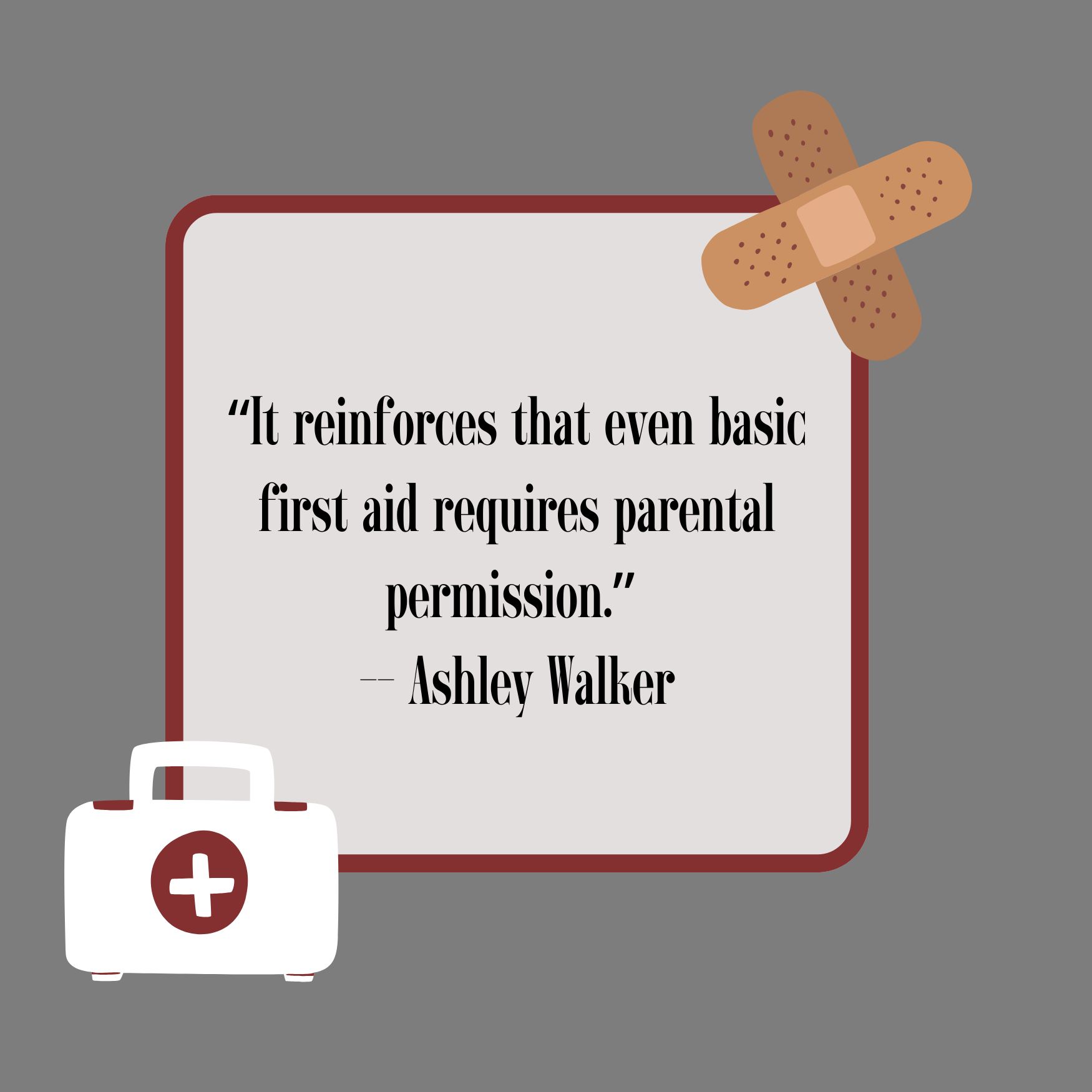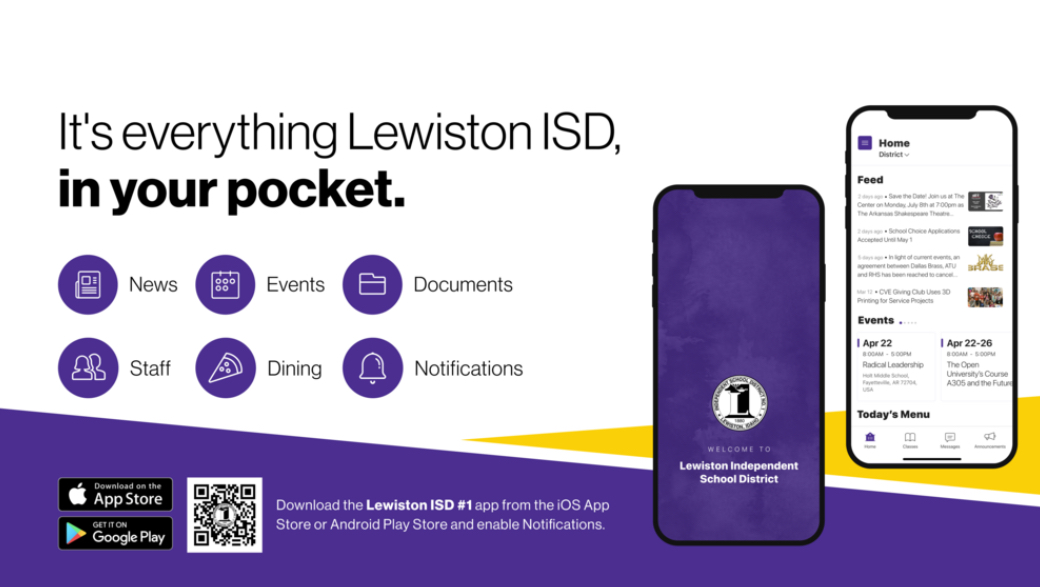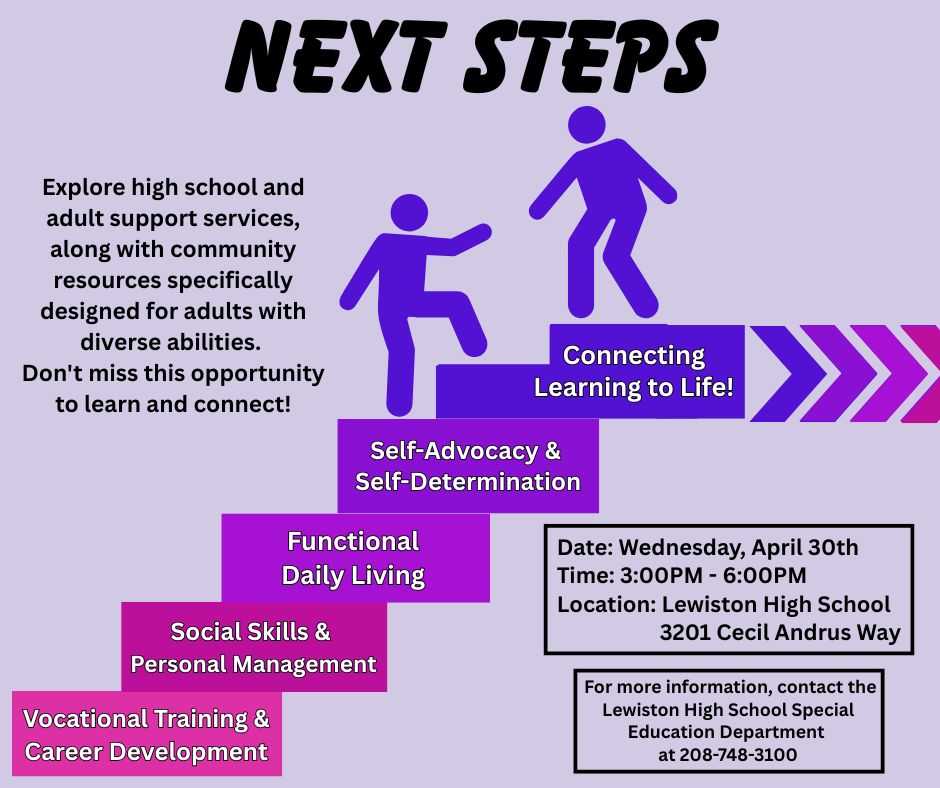The Parents’ Rights in Medical Decision-Making Act (Senate Bill 1329, Idaho) went into effect on July 1. The law mandates that teachers, and other school personnel including medical staff, must obtain parental consent before providing any healthcare services to minors, even for bandages and first aid.
This significantly affects the procedures that schools and healthcare professionals follow across the state.
“It brought clarity to the issue of consent,” said Ashley Walker, district nurse for Independent School District No. 1. “While it doesn’t change my responsibility to explain and get consent before providing care, it reinforces that even basic first aid requires parental permission.”
People call this bill the “band-aid law” due to band-aids being a necessity supplied for scuffs and injuries. This bill has caused some distress within the community of Idaho, with schools scrambling for a solution for the security of children. Students currently in the Lewiston District are at 4,734, based on usnews.com.
The law introduces “blanket consent,” which allows parents to sign a form at the start of the year, permitting schools to administer basic first aid without needing individual approval for every incident.
“This covers things like bandages and ice packs but doesn’t extend to medications or more advanced care,” Walker explained. “If a parent opts out, we must contact them for even the smallest injuries, such as a scraped knee.”
Lewiston High School incorporated the blanket consent into its student forms at the beginning of the school year, and made them available again during parent-teacher conferences on Oct. 3. The district aims to get ahead of things ensuring staff can administer minor care without repeatedly waiting for approval from parents. Lewiston High School has 1,373 students based on usnews.com.
“It’s been effective so far, but we had to get creative to ensure every student had the proper consent on file,” Walker said.
Parental Rights and Child Abuse Protections
According to The Senate bill documents, Senate Bill 1329 also ensures that parental access to a child’s medical records cannot be denied, except under specific circumstances, such as when the parent is under investigation for a crime against the child.
“No healthcare provider or governmental entity shall deny a minor child’s parent access to health information unless a court order or investigation is involved,” the law states at legislative.idaho.gov.
The bill states that it does not condone child abuse, abandonment, or neglect.
“We still have a duty to report any signs of abuse or neglect,” Walker said. “If a parent refuses necessary medical treatment for their child, it can be reported to the appropriate authorities.”
Daily Impact on School Nurses
The new law hasn’t had major effects on Walker’s day-to-day work, but she said it has required adjustments.
“It hasn’t caused any insecurities for me. It highlights the importance of parental involvement in healthcare decisions,” she said. “The biggest change is ensuring we get consent promptly and making sure parents understand what care is being provided.”
The law applies to all students under 18, meaning schools— from elementary to high school—are equally affected.
“In elementary schools, we see more bumps and cuts from recess, while in high schools, it’s mainly sports injuries,” Walker acknowledged.
Looking Forward
While the bill reinforces parental rights, it also puts responsibility on schools to keep parents informed and involved.
“It’s about communication,” Walker said. “We want parents to know that we’re taking care of their children and not making any medical decisions without their knowledge.”
The law may continue to evolve as schools now adjust to the requirements this year, but for now, school boards and nurses like Walker are finding ways to ensure students receive the care they need, with parents in the loop every step of the way.






